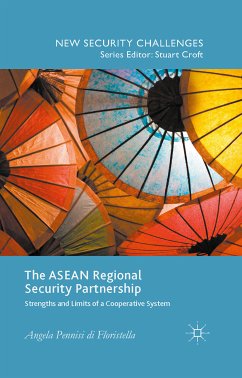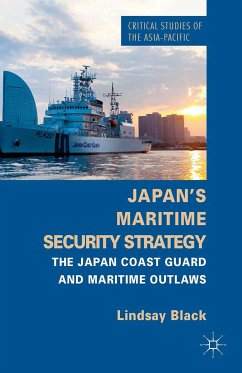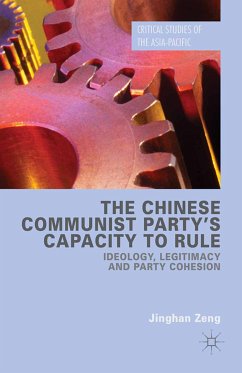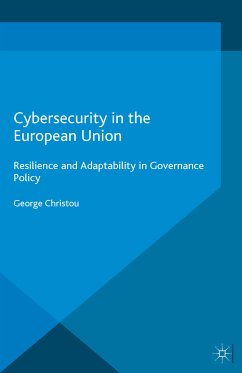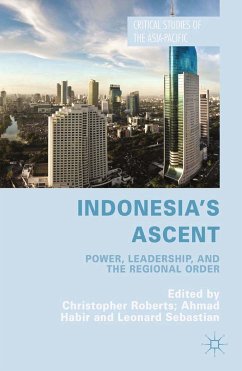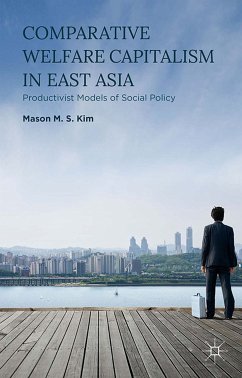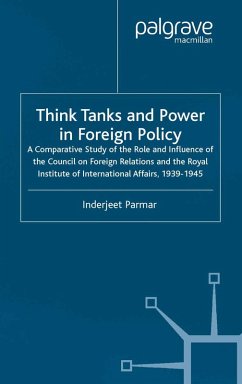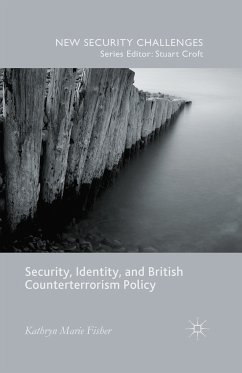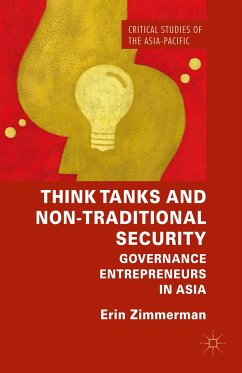
Think Tanks and Non-Traditional Security (eBook, PDF)
Governance Entrepreneurs in Asia
Versandkostenfrei!
Sofort per Download lieferbar
72,95 €
inkl. MwSt.
Weitere Ausgaben:

PAYBACK Punkte
36 °P sammeln!
Asian security institutions have struggled to adapt to the so-called 'non-traditional' security issues that characterise the strategic landscape of the 21st century. The resulting gaps in governance have increasingly been filled by think tanks, which have arguably begun to change the way that Asian security is governed.
Dieser Download kann aus rechtlichen Gründen nur mit Rechnungsadresse in A, B, BG, CY, CZ, D, DK, EW, E, FIN, F, GR, HR, H, IRL, I, LT, L, LR, M, NL, PL, P, R, S, SLO, SK ausgeliefert werden.



